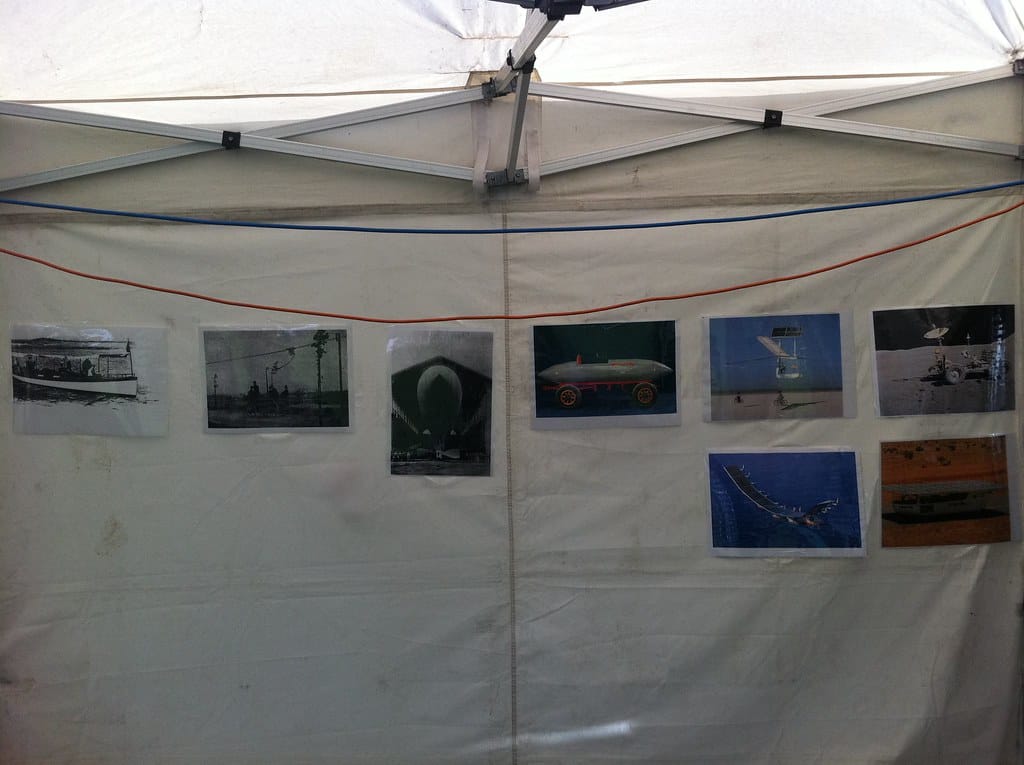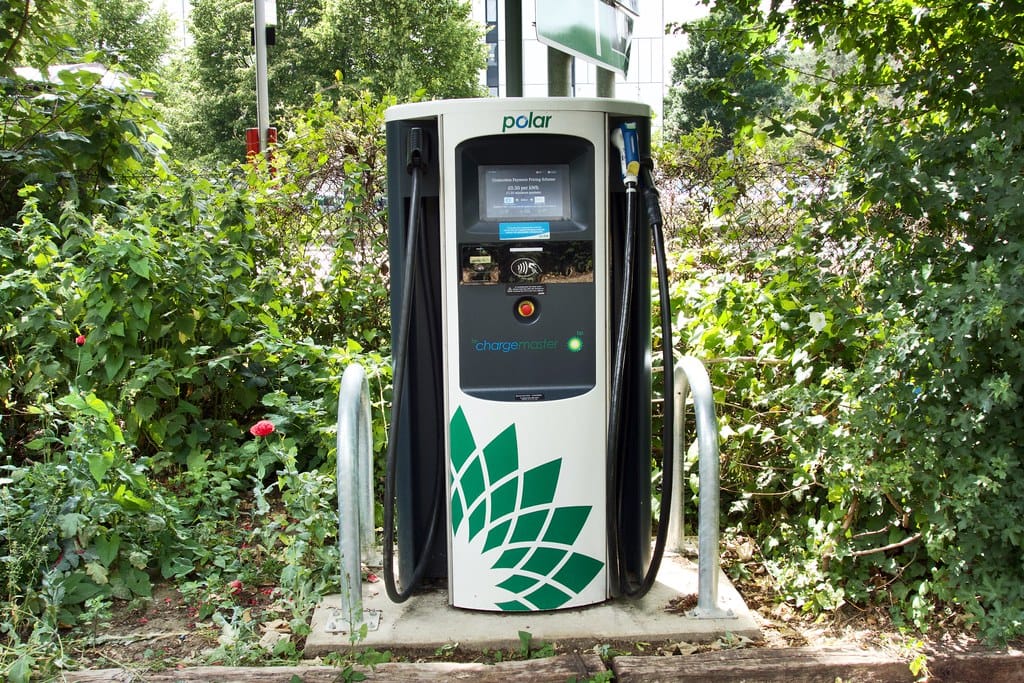Mercedes-Benz Tests Game-Changing Solid-State Batteries That Could Deliver 600+ Mile Range
Mercedes-Benz has quietly begun real-world testing of solid-state battery technology in its electric vehicles, marking a potential breakthrough that could address range anxiety once and for all. The German luxury automaker's prototype EVs equipped with these next-generation batteries are reportedly achieving over 600 miles of range on a single charge—nearly double what most current electric vehicles offer.
The Solid-State Revolution Begins
While the automotive industry has long promised solid-state batteries as the holy grail of EV technology, Mercedes-Benz appears to be among the first to move from laboratory testing to actual road trials. Unlike conventional lithium-ion batteries that use liquid electrolytes, solid-state batteries employ solid electrolytes, offering several game-changing advantages.
The technology promises significantly higher energy density, meaning more power can be packed into the same space. This translates directly to extended range without increasing vehicle weight or battery size—a crucial factor for luxury vehicles where interior space and performance are paramount.
Breaking the 600-Mile Barrier
Current Mercedes EV flagship models like the EQS sedan offer impressive ranges of up to 453 miles under optimal conditions. However, the solid-state prototypes are reportedly exceeding 600 miles in testing scenarios, representing a 30% improvement that could fundamentally change consumer perceptions about electric vehicle practicality.
This range breakthrough addresses one of the most significant barriers to EV adoption. According to recent surveys, range anxiety affects over 60% of potential EV buyers, with many citing the desire for 500+ mile range as a prerequisite for switching from gasoline vehicles.
Technical Advantages Beyond Range
The benefits of solid-state technology extend far beyond extended range. These batteries can charge significantly faster than current lithium-ion technology, with Mercedes' prototypes reportedly capable of charging from 10% to 80% in under 15 minutes under optimal conditions.
Safety represents another crucial advantage. Solid-state batteries are inherently more stable and less prone to thermal runaway—the dangerous overheating that can cause battery fires. The solid electrolyte is non-flammable and maintains structural integrity even under extreme conditions.
Additionally, solid-state batteries demonstrate superior longevity, potentially lasting 2-3 times longer than conventional batteries while maintaining their capacity. This could dramatically reduce the total cost of ownership for EV buyers and address concerns about expensive battery replacements.
Manufacturing Challenges Remain
Despite these promising developments, significant hurdles remain before solid-state batteries reach mass production. Manufacturing costs are currently prohibitive, with estimates suggesting solid-state batteries cost 3-5 times more to produce than conventional lithium-ion cells.
The production process is also more complex, requiring specialized equipment and precise environmental controls. Scaling from prototype testing to mass production represents a considerable challenge that even industry leaders are still working to overcome.
Mercedes-Benz has not disclosed specific timelines for commercial availability, though industry experts suggest solid-state technology may not reach mainstream vehicles until the late 2020s at the earliest.
Competitive Implications
Mercedes' progress in solid-state testing puts pressure on competitors who are also racing to commercialize the technology. Toyota has been perhaps the most vocal about solid-state development, claiming it will introduce the technology by 2027. Meanwhile, BMW, General Motors, and several Chinese manufacturers have announced significant investments in solid-state research.
The first automaker to successfully commercialize solid-state batteries at scale will likely gain a significant competitive advantage, potentially justifying premium pricing while offering superior performance characteristics.
Looking Ahead: The Future of EV Technology
Mercedes-Benz's solid-state testing represents more than just incremental improvement—it signals a potential paradigm shift in electric vehicle capabilities. If the company can overcome manufacturing challenges and bring costs down, vehicles with 600+ mile ranges could become the new standard rather than the exception.
For consumers, this development suggests that the next generation of electric vehicles may finally offer the combination of range, charging speed, and longevity that matches or exceeds traditional gasoline vehicles. While commercial availability remains years away, Mercedes-Benz's testing program demonstrates that the theoretical benefits of solid-state technology are becoming practical reality.
The success of these trials could accelerate industry-wide adoption and investment in solid-state technology, potentially bringing the timeline for mass-market availability closer than previously anticipated.

